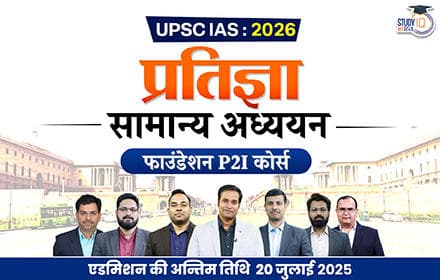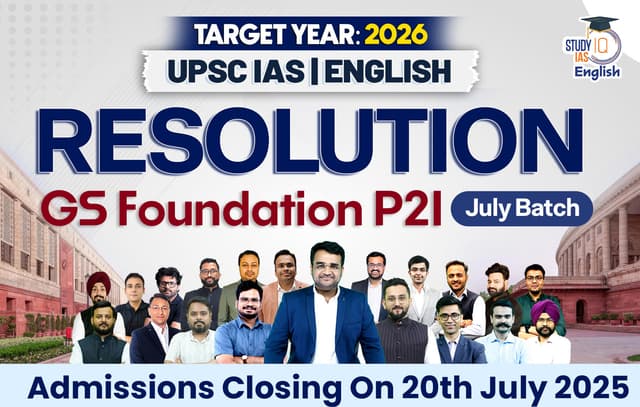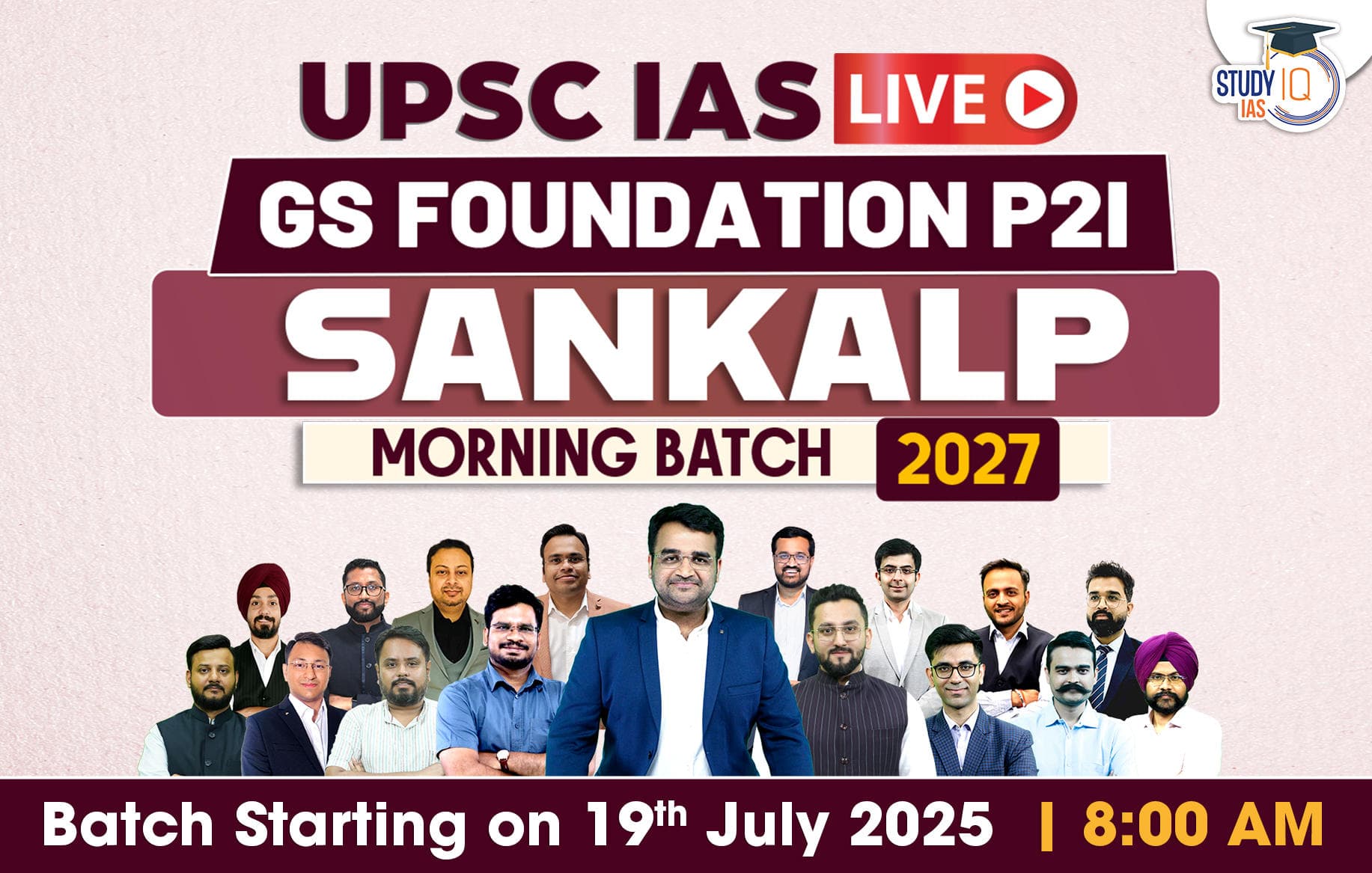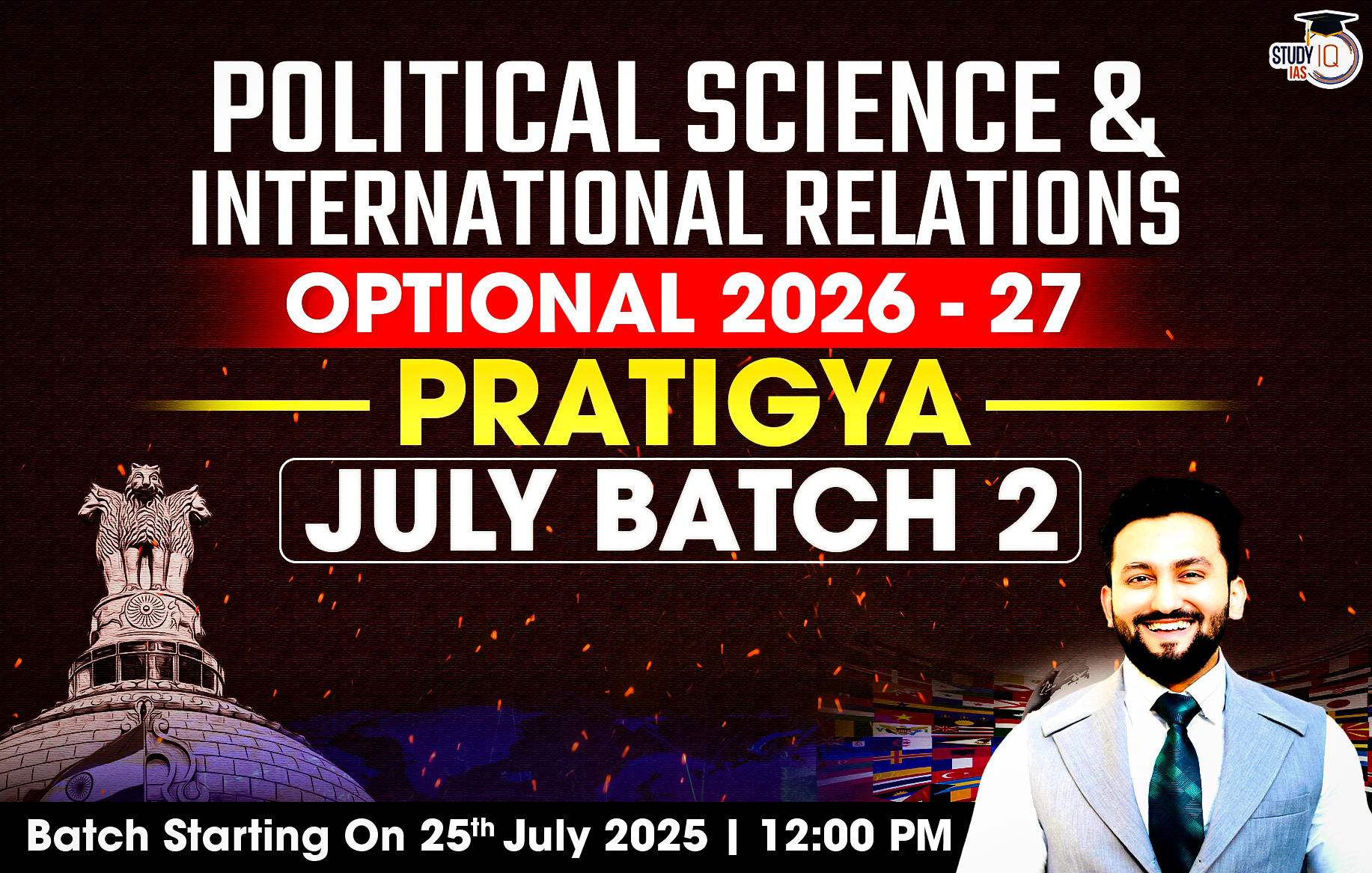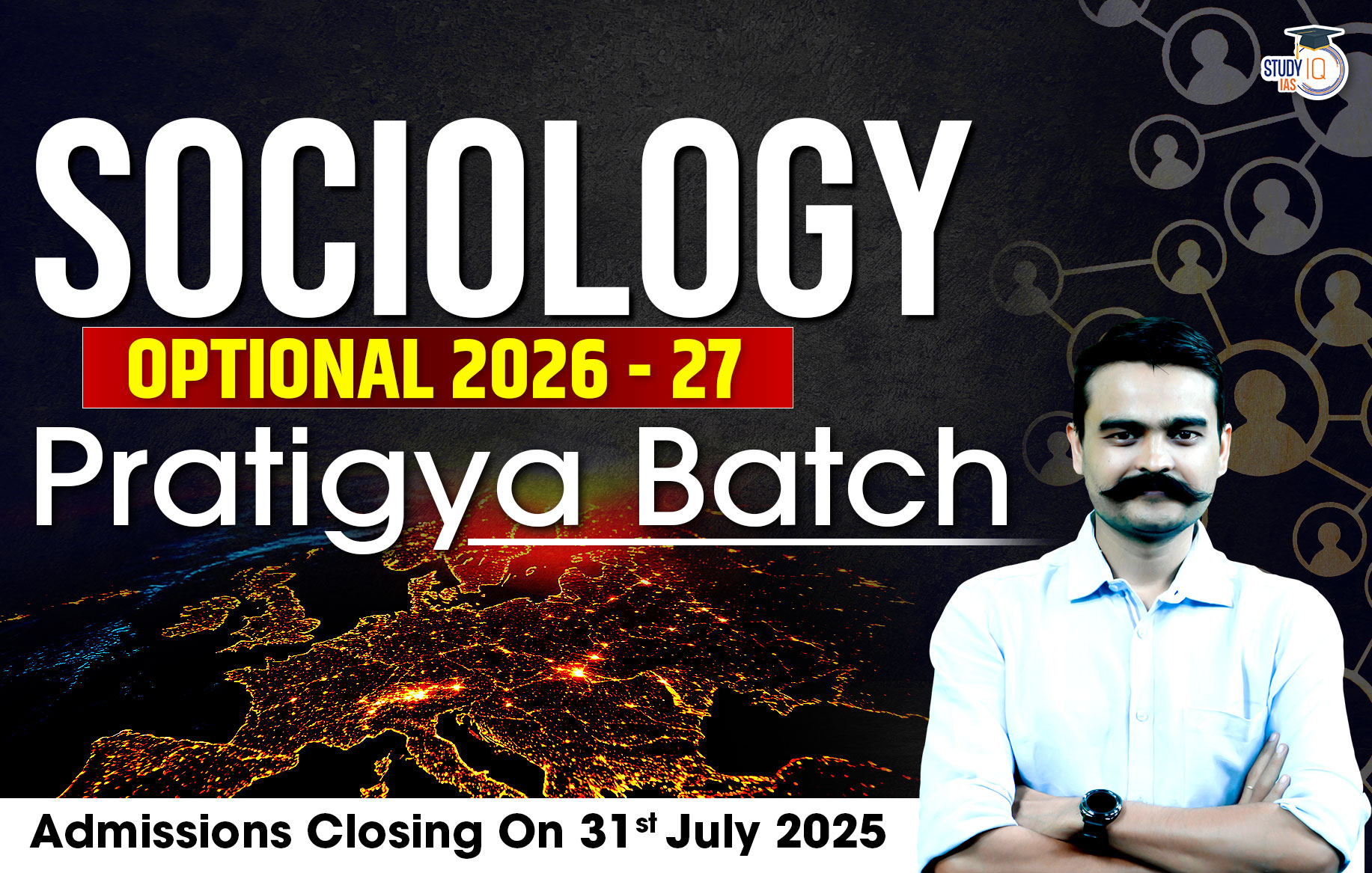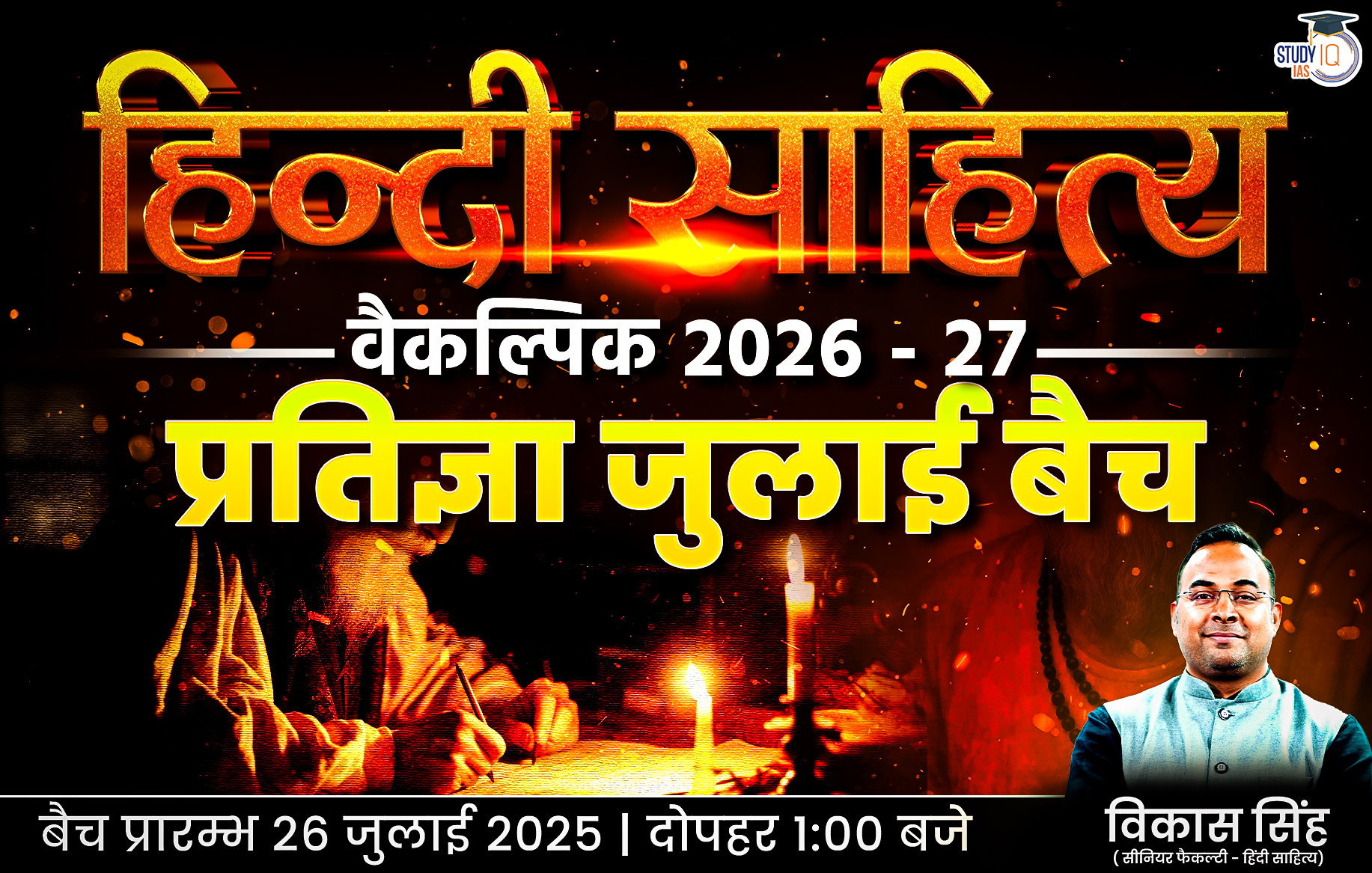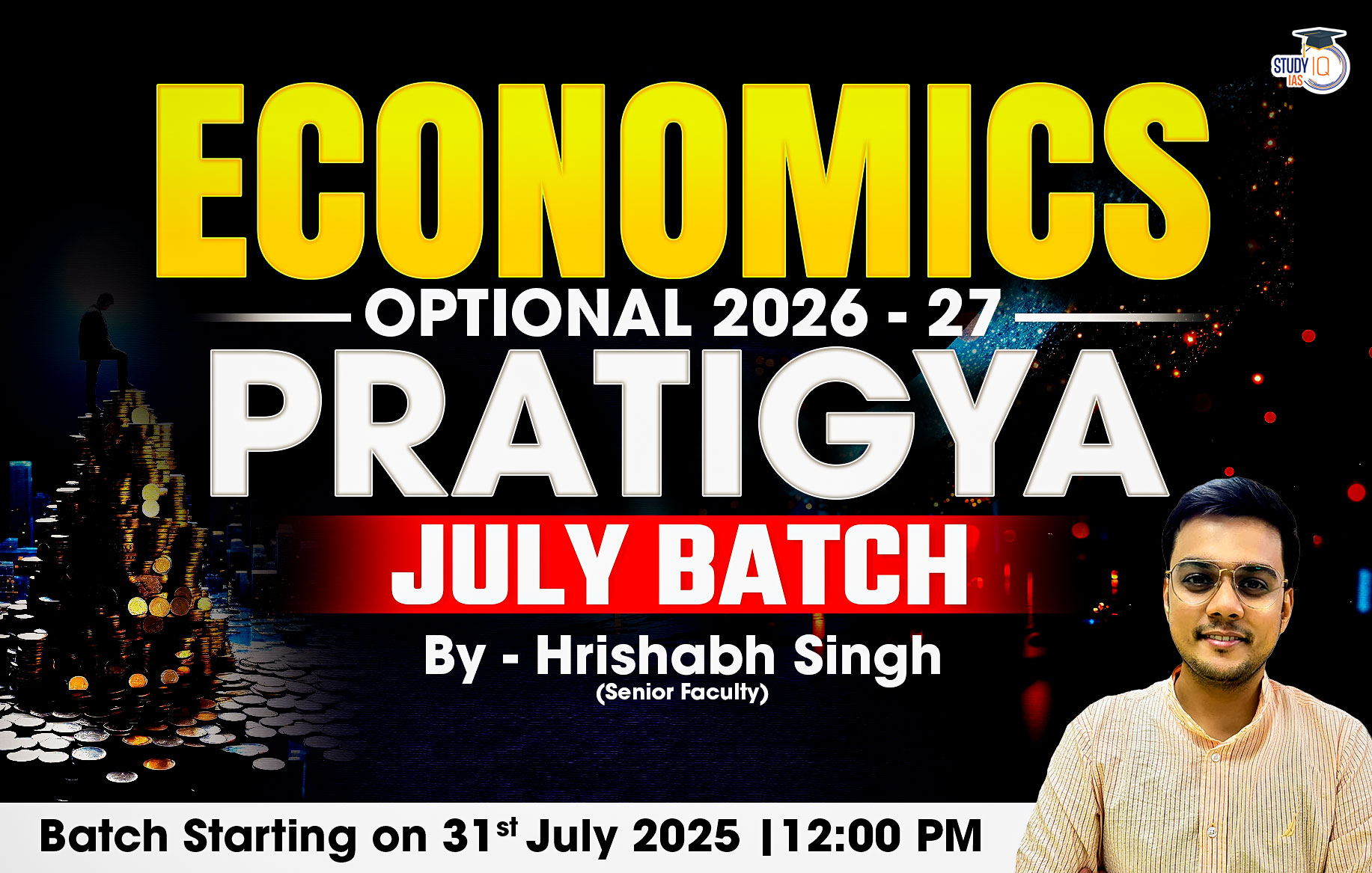Table of Contents
Jagdeep Dhankhar Resigns as Vice President of India: In a surprising political development, Jagdeep Dhankhar, the 14th Vice President of India, resigned from his post on July 22, 2025, citing health concerns. His resignation came abruptly on the first day of the Monsoon Session of Parliament, sending shockwaves through political and constitutional circles. This article explores the circumstances surrounding his resignation, the constitutional provisions involved, and what lies ahead for India’s second-highest constitutional office.
Jagdeep Dhankhar Resigns as Vice President of India: A Shocking Political Development
In a surprise political move, Jagdeep Dhankhar, the 14th Vice President of India, submitted his resignation to President Droupadi Murmu on July 22, 2025, citing health reasons. His decision, which came into effect immediately, left a key constitutional office vacant with more than two years remaining in his five-year term.
The timing of his resignation—on the first day of the Monsoon Session of Parliament—has triggered a flurry of political reactions and speculation. Here’s a comprehensive look at what happens next following this sudden development.
Who Is Jagdeep Dhankhar?
Jagdeep Dhankhar, aged 74, assumed office as the Vice President of India in August 2022. Known for his legal background and candid style, Dhankhar served as the ex-officio Chairman of the Rajya Sabha. His tenure was marked by notable interactions with the judiciary and the opposition, occasionally stirring political debates.
Why Did Jagdeep Dhankhar Resign?
Jagdeep Dhankhar, 74, cited the need to “prioritise health care and abide by medical advice” as the reason for stepping down, invoking Article 67(a) of the Constitution. Though he had previously undergone angioplasty in March, he continued to remain active in Parliament and public functions.
However, his resignation also follows recent tensions between the Executive, Judiciary, and Opposition, particularly related to judicial impeachment motions and controversial remarks involving judges and farm laws. Some political observers believe that health reasons may not be the only factor behind his decision.
What Does the Constitution Say About Vice President Resignation?
-
Article 67(a): The Vice President may resign by writing under his hand addressed to the President of India.
-
Article 66: Covers the election of the Vice President by an Electoral College consisting of members of both Houses of Parliament using proportional representation by means of the single transferable vote.
Who Performs the Vice President’s Duties After Resignation?
The Vice President also functions as the Chairman of the Rajya Sabha. Upon Dhankhar’s resignation:
-
The Deputy Chairman of Rajya Sabha, currently Harivansh, will perform the duties of the Chairman.
-
If the Deputy Chairman is unavailable, the President may authorize any other member of Rajya Sabha to preside.
How Is the Next Vice President Elected?
The election of the Vice President follows a clear constitutional process:
-
The Electoral College comprises all members of both Lok Sabha and Rajya Sabha, including nominated members.
-
Voting is conducted through a single transferable vote system via secret ballot.
-
To be eligible, a candidate must be:
-
A citizen of India
-
At least 35 years old
-
Qualified to be elected as a Rajya Sabha member
-
Not holding any office of profit under the Government of India or any state government.
-
Timeline for Election of New Vice President
While the Constitution does not specify a strict deadline to fill the vacancy, precedents indicate:
-
The Election Commission of India (ECI) generally conducts elections within 6 weeks to 2 months of the vacancy.
-
During this period, the Deputy Chairman chairs the Rajya Sabha sessions.
Potential Candidates and Political Scenario
Among the potential successors, Rajya Sabha Deputy Chairman Harivansh emerges as a front-runner, given his government backing and parliamentary experience.
The ruling BJP-led NDA, having majority strength in both Houses, is expected to field a candidate who can maintain parliamentary harmony and avoid controversies.
Historical Context: Vice Presidents Who Resigned Earlier
Jagdeep Dhankhar becomes the third Vice President in independent India to resign mid-term. The other two are:
-
V.V. Giri (1969): Resigned to contest the presidential election.
-
Bhairon Singh Shekhawat (2007): Resigned after losing the presidential election.
Impact of Dhankhar’s Resignation on Parliamentary Proceedings
-
The resignation on the first day of the Monsoon Session may lead to temporary disruptions.
-
Dhankhar’s active role as Rajya Sabha Chairman, especially in handling sensitive judicial motions, will be taken over by the Deputy Chairman.
-
The new Vice President’s election and swearing-in will be closely watched for political signals.
Conclusion
Jagdeep Dhankhar’s sudden resignation has set in motion constitutional and political processes to elect the next Vice President of India. The upcoming months will be crucial as the ruling coalition selects a successor who will preside over the Rajya Sabha and uphold the dignity of one of India’s highest constitutional offices. For students, analysts, and citizens, understanding this process is vital for grasping the nuances of India’s parliamentary democracy.

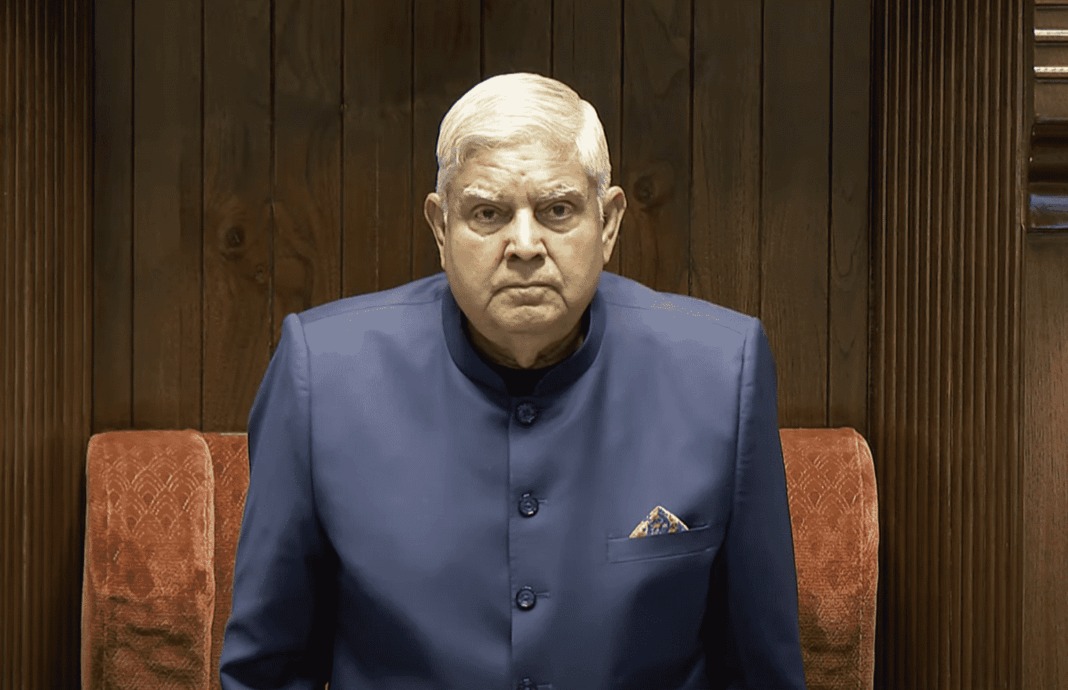
 World Brain Day 2025: Theme, History, Si...
World Brain Day 2025: Theme, History, Si...
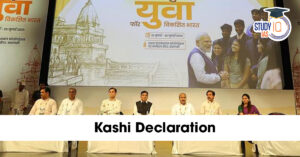 Kashi Declaration for Drug-Free India in...
Kashi Declaration for Drug-Free India in...
 UPSC Pratibha Setu, Objectives, Key Feat...
UPSC Pratibha Setu, Objectives, Key Feat...


